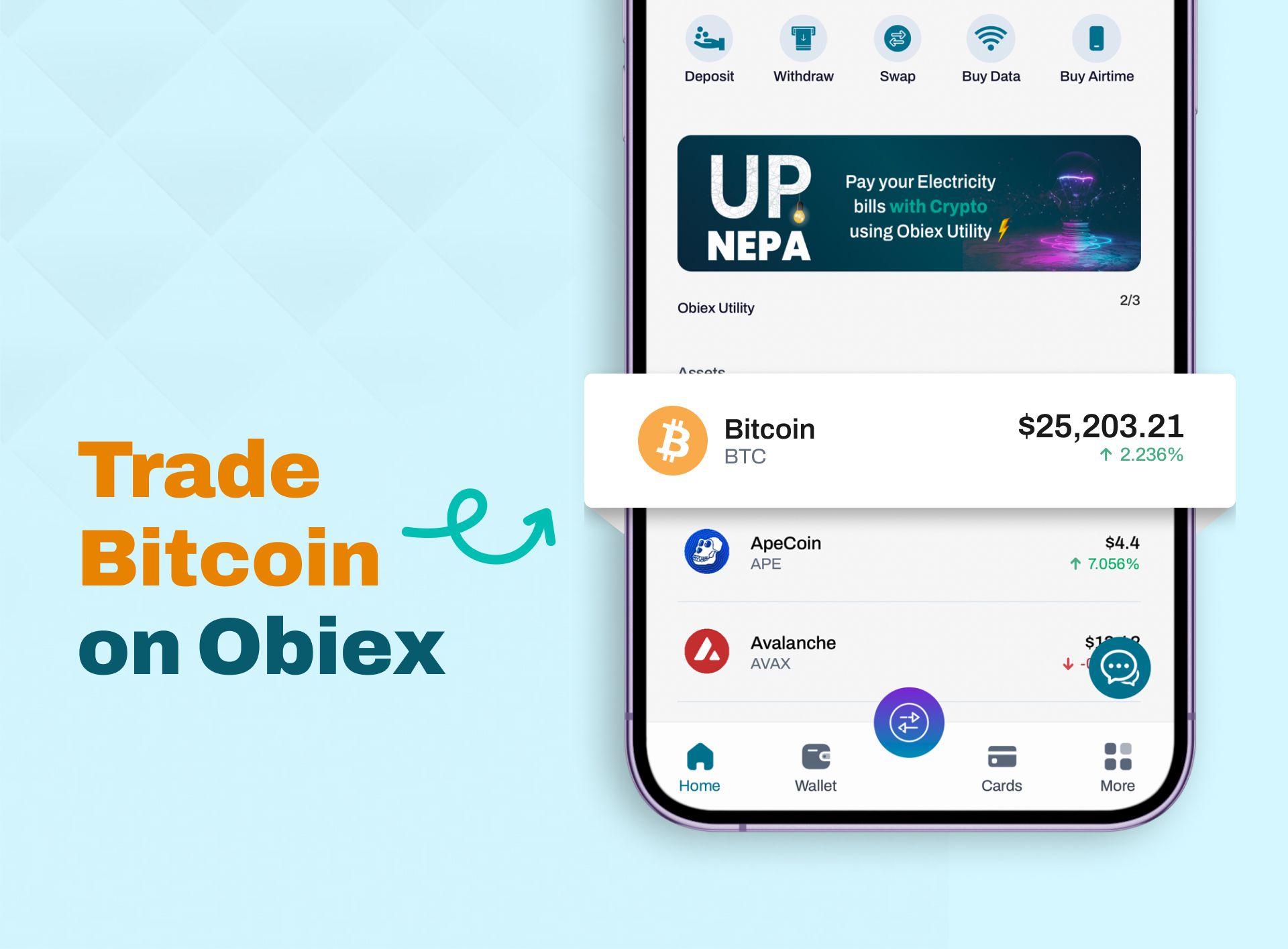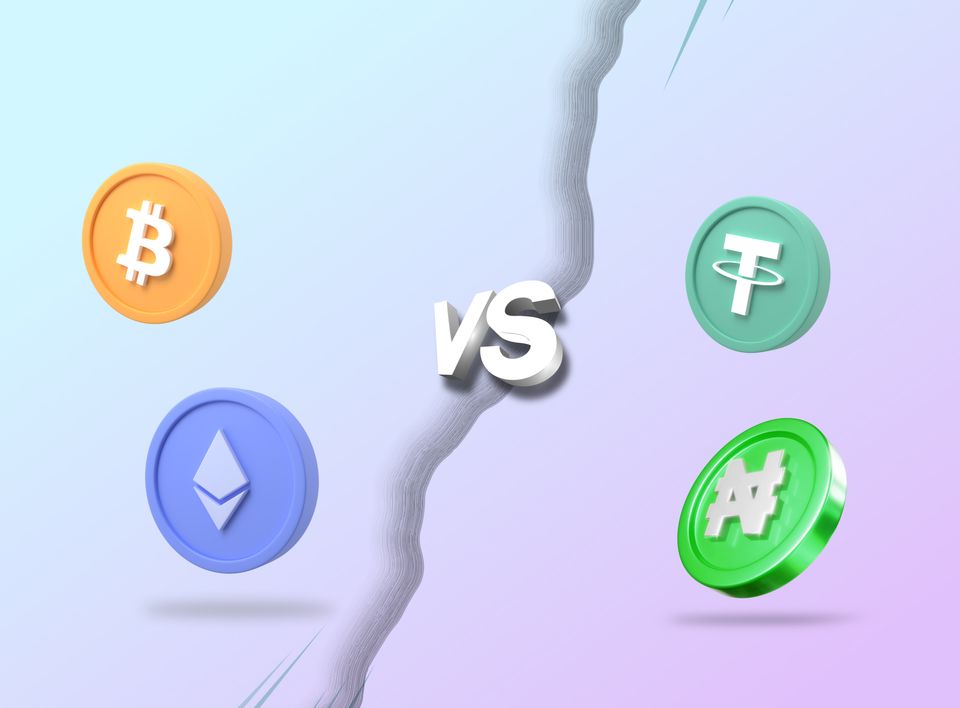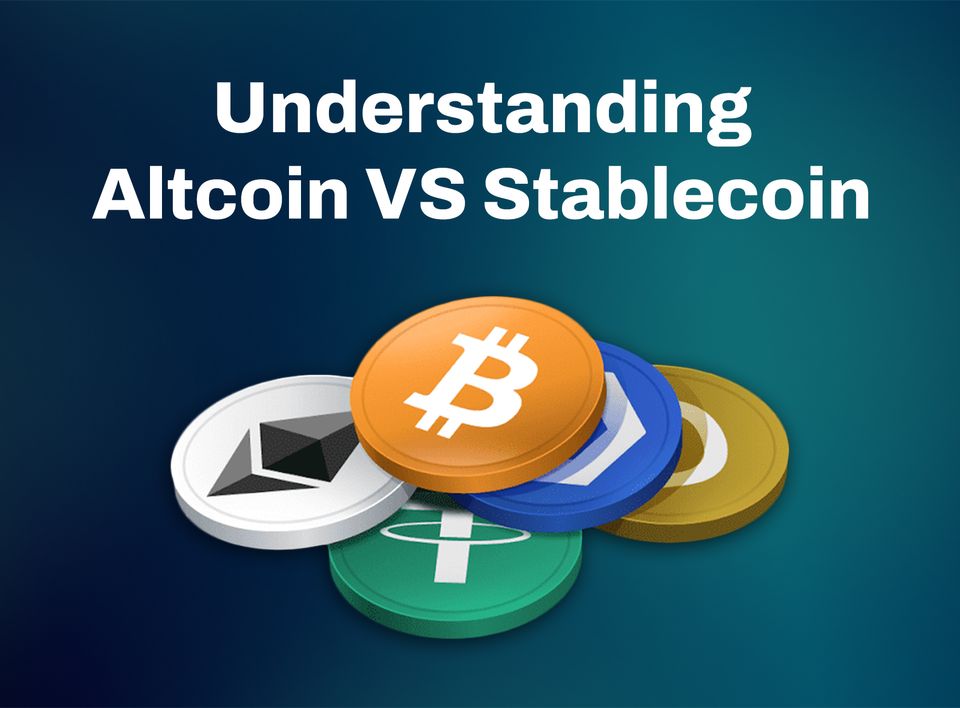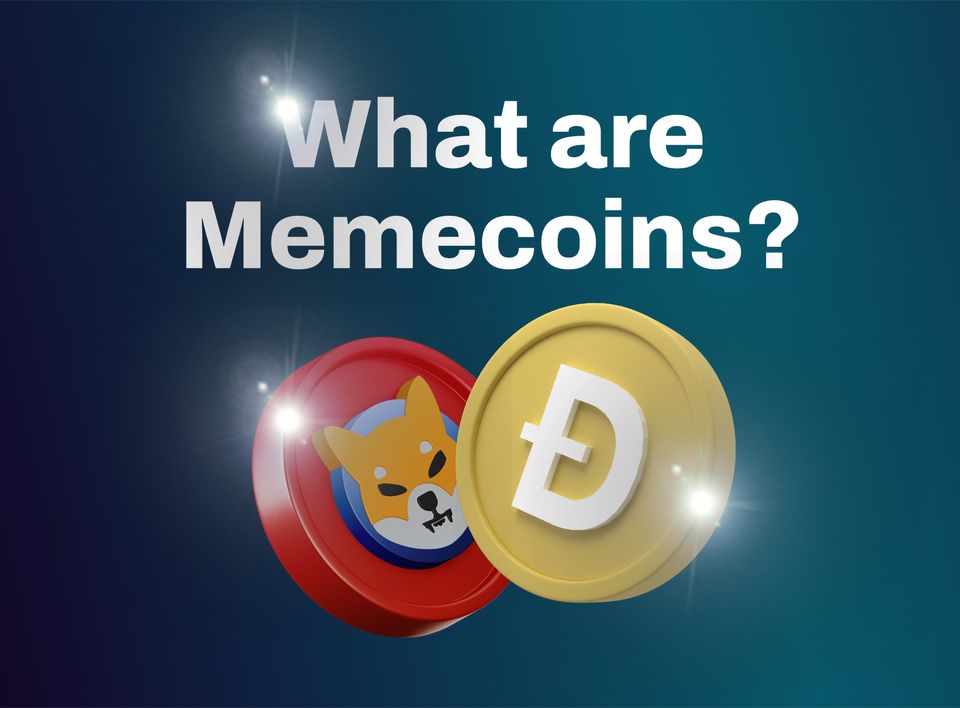What is Bitcoin Maximalism?
Bitcoin Maximalists or 'Bitcoin Maxis' believe that Bitcoin is the only cryptocurrency we will need in the future. Essentially, Maximalists think all other digital currencies and altcoins are of lesser value compared to Bitcoin.
Table of Contents
- What is Bitcoin Maximalism?
- Who is a Bitcoin Maximalist?
- The Principles of Bitcoin Maximalism
- Why Do Bitcoin Maximalists Believe Only in Bitcoin?
- The Future of Bitcoin Maximalism
What is Bitcoin Maximalism?
Bitcoin is a cryptocurrency launched in 2008 by an anonymous creator called Satoshi Nakamoto. Since its launch, Bitcoin has grown to become the number one cryptocurrency in the world. According to the Bitcoin whitepaper, it was created to allow "online payments to be sent directly from one party to another without going through a financial institution."

Bitcoin Maximalism is a belief held by some Bitcoin enthusiasts. They think that Bitcoin (BTC) is the only truly valuable cryptocurrency, and all others are not worth as much. They feel this way because they believe that Bitcoin is the only cryptocurrency that sticks to the original ideas of its creator, Satoshi Nakamoto, who wanted to create a digital, decentralised, peer-to-peer currency.
Who is a Bitcoin Maximalist?
Bitcoin Maximalists or 'Bitcoin Maxis' believe that Bitcoin is the only cryptocurrency we will need in the future. Essentially, Maximalists think all other digital currencies and altcoins are of lesser value compared to Bitcoin.
Some popular Bitcoin Maximalists include:
- Adam Back. CEO & Co-Founder. Blockstream.
- Arthur Hayes. Co-Founder & former CEO. BitMEX.
- Cory Klippsten. CEO. Swan Bitcoin.
- Dan Held. Growth Lead. Kraken.
- Dennis Porter. Co-Founder and Chairman. Satoshi Action Fund.
- Gavin Anderson. Chief Scientist. Bitcoin Foundation.
- Jack Dorsey. Founder & CEO. Block
The Principles of Bitcoin Maximalism
The philosophy of Bitcoin Maximalism is built on a set of ideas that have become more popular in the community since the very beginning of Bitcoin. These ideas come from the Bitcoin whitepaper.
Here are five principles of Bitcoin maximalism:
1. The Bitcoin Blockchain Network is Highly Secure
The security of the Bitcoin blockchain network is a central feature that has earned it a strong reputation.

In over a decade of operation, it has not suffered any successful hacking attempts or major security breaches like other blockchains. This security is primarily achieved through the blockchain's consensus mechanism called "Proof of Work." This mechanism makes it incredibly expensive and difficult for anyone to tamper with the transaction ledger, which is the core record of all Bitcoin transactions.
Furthermore, while the network is highly secure, it remains accessible to regular users, who can easily and affordably verify the validity of transactions on the ledger.
2. Bitcoin Is The Financial Future
Bitcoin maximalists firmly believe that Bitcoin is the only currency of significance and predict that it will eventually supersede traditional fiat currencies.
Their confidence in Bitcoin's potential stems from its fixed supply – there can only ever be 21 million Bitcoins in circulation. This contrasts with fiat currencies, which governments can print at will, leading to a decrease in their value over time.
Maximalists also point to Bitcoin's largest market capitalisation and its status as the first cryptocurrency in existence as key reasons supporting their belief that it will become the dominant digital currency.

3. The Bitcoin Network is The Most Decentralised and Transparent
Bitcoin stands as one of the most accomplished examples of a decentralised cryptocurrency. Its decentralised structure means no single individual, authority, or organisation completely controls the blockchain, reducing the risk of external manipulation.
Additionally, the network's design ensures that anyone with an internet connection can participate in the Bitcoin network, holding, sending, and receiving bitcoins. Moreover, the transparency of Bitcoin is highly evident as all transactions are available for the public to see, making it a highly transparent monetary system.
4. Participants in The Bitcoin Blockchain Remain Pseudonymous
There's no obligation for individuals to reveal their identities when owning or engaging with the Bitcoin blockchain.
However, you should know that the Bitcoin ledger, while not anonymous due to the public availability of all data, maintains some privacy regarding the true identities of individuals who possess and manage Bitcoin wallets. This means that while transaction information is out in the open, the personal details of wallet owners remain confidential.

5. Bitcoin is a Practical and Accessible Payment Method
Bitcoin (BTC) serves as an accessible payment method that's open to anyone, and it frequently offers a more cost-effective alternative to international wire transfers.
Bitcoin maximalists advocate for the widespread acceptance and use of Bitcoin as a payment option for individuals and businesses. They believe embracing Bitcoin can boost the cryptocurrency's engagement and expand its reach, providing benefits for all involved.
Why Do Bitcoin Maximalists Believe Only in Bitcoin?
Bitcoin's open-source code is a fundamental aspect of its nature, allowing anyone to access, examine, and modify its underlying code. Think of Bitcoin like a recipe that's open for everyone to use and modify to create other cryptocurrencies, often referred to as "altcoins". While some of these altcoins, like Litecoin, have proven to be valuable and successful, others have turned out to be fraudulent imitations of Bitcoins, or as they are often called - shitcoins.

The introduction of Ethereum by Vitalik Buterin marked a significant development in the cryptocurrency landscape. Ethereum was a game-changer, which allowed developers to create all sorts of things, like smart contracts and decentralised applications (DApps). It also expanded the potential applications of blockchain technology beyond the core cryptocurrency use case.
2015 and 2017 were marked by a surge in crypto innovation, leading to the creation of numerous tokens and blockchain projects.
However, a common approach during this period involved the use of initial coin offerings (ICOs). It was similar to when people launch new businesses and sell shares to get money to grow. But some of these new projects weren't very fair or decentralised, and they sometimes failed to deliver on their promises.

Another big issue with the new tokens created through ICOs is that they often aren't distributed very evenly. Think of it like a cake being shared; some people get huge slices, while others get tiny ones.
Bitcoin started with a more equal sharing process (its initial distribution was achieved through a decentralised process called mining, which was open to anyone with the necessary hardware and knowledge), and that's one of the reasons Bitcoin Maximalists staunchly advocate for Bitcoin as the "only important cryptocurrency".
They also believe that investing in other cryptocurrencies, especially those born from ICOs, may not be a wise decision because of the potential for centralisation, security issues, and a perceived abandonment of the core principle of cryptocurrency - decentralisation.
Additionally, some networks, like Tezos, implement a token-based voting system, where the more tokens you hold, the more influence you have over decisions. In contrast, Bitcoin relies on a system where a forum of developers presents arguments and proposals for changes or forks in the network rather than relying on token-based voting.
Bitcoin Maximalism and The Limitations of Bitcoin
Bitcoin maximalism has its hurdles to overcome if Bitcoin is to become the only digital currency. Many of the altcoins and the subsequent variations of blockchain networks have come into existence because of the limitations of the Bitcoin network and its cryptocurrency.

Some of the challenges and limitations of Bitcoin include the following:
1. Blockchain Scalability Limitations:
Cryptocurrencies like Bitcoin use a method called proof-of-work (PoW) to verify and record transactions on their blockchain.
This process involves individuals known as miners, who play a critical role in ensuring the accuracy and legitimacy of these transactions. Think of miners as the auditors of the cryptocurrency network; they confirm that everything is in order and help prevent fraudulent transactions.
As more transactions are added to the blockchain, copies of this data are shared with all the participants and computers, known as nodes, on the network.
However, as Bitcoin gains popularity, the volume of transactions increases. Imagine the blockchain network as a shared database. The more data it has to handle, the slower it can become, causing delays and latency issues.
This growing number of transactions also demands a tremendous amount of energy to be processed. To put it in perspective, the energy required to secure the Bitcoin blockchain by miners has become so massive that, as of 2021, it surpasses the total energy consumption of an entire country like Pakistan. This indicates the substantial energy footprint of the network.
The increasing latency and slowness within Bitcoin's blockchain have led to a significant problem known as scalability.

In simpler terms, Bitcoin's scalability issue means it struggles to handle a high volume of transactions efficiently. This limitation prevents Bitcoin from being widely accepted for everyday financial transactions because it cannot keep up with the demand.
As a result, other blockchain networks and their respective cryptocurrencies have emerged to address these scalability concerns. This development challenges the idea of Bitcoin maximalism, which believes that Bitcoin is the only cryptocurrency necessary, as it highlights the need for alternative cryptocurrencies and blockchain solutions to meet the demands of a growing and evolving digital economy.
2. Volatility Challenges
The challenge of Bitcoin becoming a mainstream method of payment lies in its high price volatility. Volatility refers to the degree of rapid and significant price changes over a short period.
Bitcoin's price is known to fluctuate dramatically within a short timeframe. This extreme price volatility makes it challenging for businesses and individuals to use it as a reliable medium of exchange for regular transactions. People generally prefer a stable currency that they can trust for everyday financial needs, and Bitcoin's price fluctuations can hinder its adoption for such purposes.

3. Lack of Adequate Support for Smart Contracts
In its early years, Bitcoin was limited in functionality. Unlike other blockchain platforms designed for more complex operations, the Bitcoin blockchain didn't initially provide support for building smart contracts.
Smart contracts are like digital agreements that automatically execute specific terms and conditions between two parties, such as a buyer and a seller. Instead of being written in human language, these contracts are encoded in computer code.
These smart contracts are beneficial because they enable transactions to take place between parties without the need for a centralised authority to oversee or enforce the agreement. The smart contract ensures that the terms are met, and the transaction is executed automatically once the specified conditions are satisfied. This can be applied to various scenarios, from simple purchases to more complex activities like building a decentralised application.

The Ethereum blockchain network, in particular, has gained recognition for its ability to support smart contracts. These contracts have found popularity in the financial sector and are used for various applications, including decentralised finance (DeFi) projects.
While Bitcoin's blockchain has evolved and now supports some level of smart contract functionality, it's still behind Ethereum regarding its capabilities for financial transactions and the execution of complex smart contracts.
Final Word: The Future of Bitcoin Maximalism
Bitcoin maximalists believe that any problems or limitations with the Bitcoin blockchain can be addressed and are already being worked on by developers.
They are firmly confident in the ability of the Bitcoin network to evolve and improve over time. They argue that Bitcoin's unique attributes, such as its decentralisation and limited supply, make it the superior choice above other cryptocurrencies in the long run.
However, the success of Bitcoin maximalists' vision depends on whether governments, companies, and investors choose to adopt and use Bitcoin's blockchain over the many alternative options available in the cryptocurrency ecosystem.
In other words, the widespread adoption of Bitcoin as the primary digital currency would be the ultimate victory for Bitcoin maximalists.
Currently, the reality is that the cryptocurrency landscape is diverse and continually evolving. Many other blockchain networks and cryptocurrencies have garnered significant investments and have unique features and use cases.
This means there will likely be a multitude of cryptocurrencies coexisting alongside Bitcoin for years to come, each serving different purposes and markets.
Disclaimer: This article was written by the writer to provide guidance and understanding of cryptocurrency trading. It is not an exhaustive article and should not be taken as financial advice. Obiex will not be held liable for your investment decisions.





